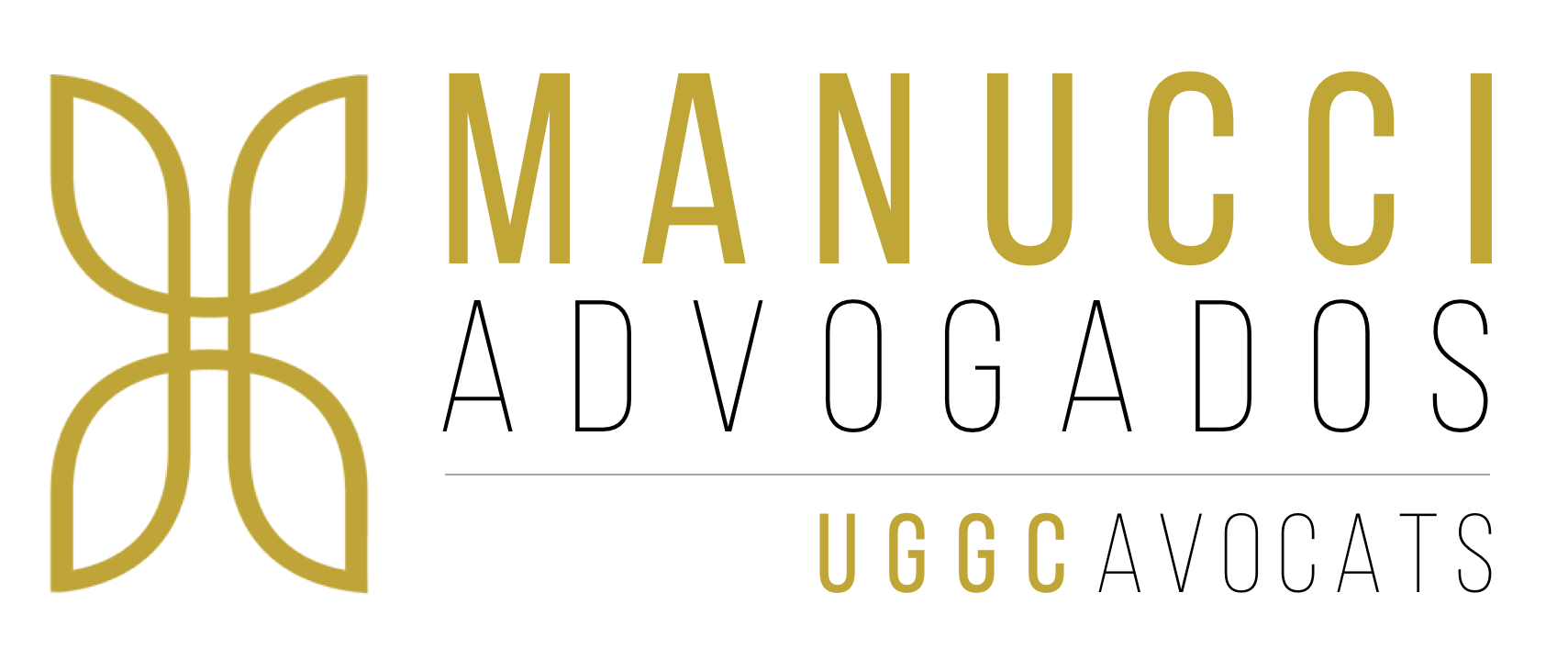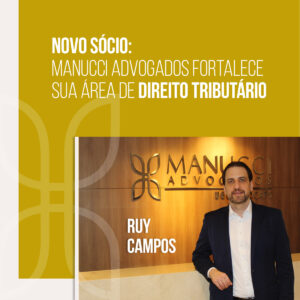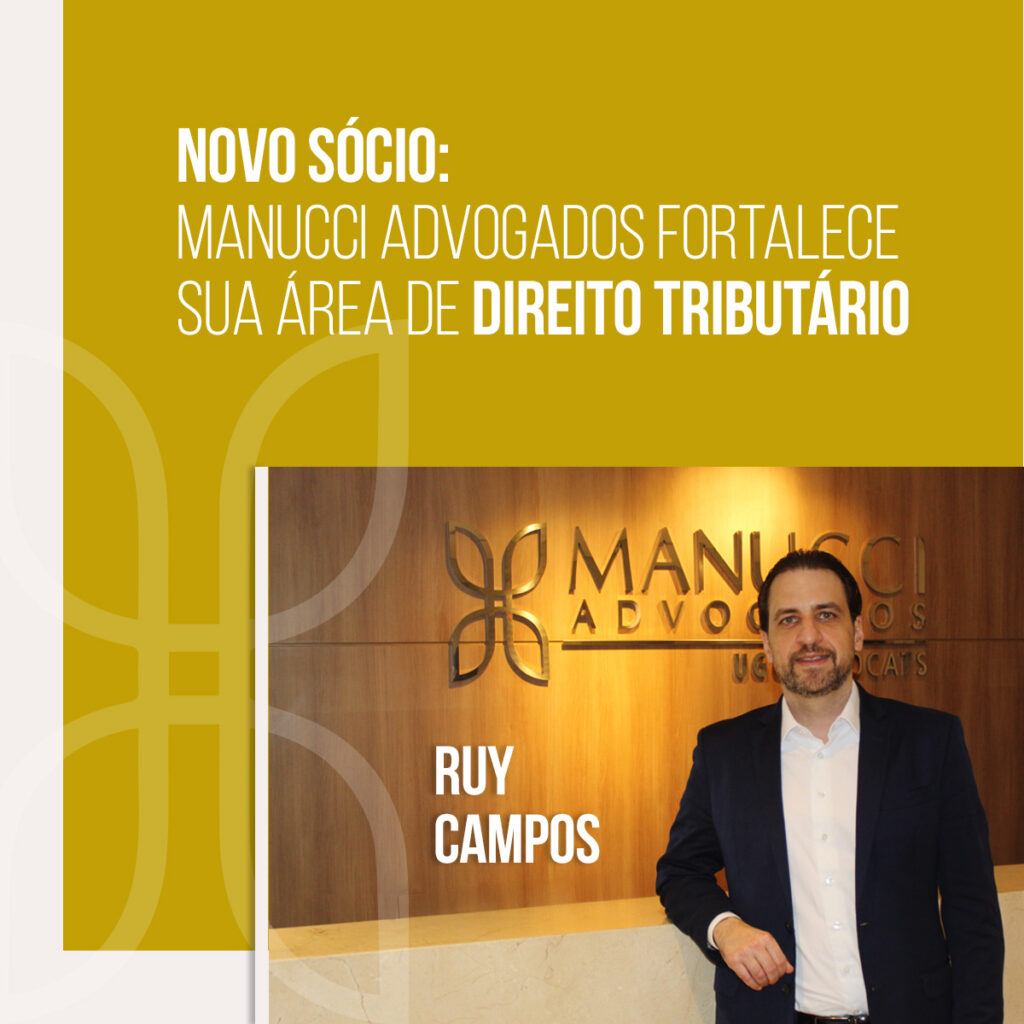The enactment of Law No. 14.470/2022, which introduced changes to the Competition Defense Law (Law No. 12.529/2011), marked the Brazilian legal landscape by instituting the concept of double damages. This inclusion came in response to society’s demand for greater protection against violations of the economic order, such as cartels.
In Brazil, the practice of a cartel generates consequences in three different legal spheres, simultaneously: (i) administrative, (ii) criminal and (iii) civil. The first, for violating article 36, paragraph 3, of the Competition Defense Law; the second, for disrespecting article 4 of the Economic Crimes Law (Law No. 8,137/1990); and the third, for being an illicit act, under the terms of art. 186, and generating the right to compensation, according to the precept of art. 927, both of the Civil Code.
Compared to the US and Europe, civil compensation for cartel victims is still little explored in Brazil. The introduction of double damages may discourage offenders, since it tends to generate a greater search for redress on the part of the victims. It is important to remember that the new rule benefits not only the victims of cartels operated in Brazil, but also international cartels, or cartels that took place in other countries and had effects in Brazil.
Recently, some cases judged by the Administrative Council for Economic Defense (CADE) have had wide repercussions, as they have caused great damage to companies and consumers in Brazil. These include the High Density Polyethylene (HDPE) Pipes and Fittings Cartel and the Resins Cartel.
The former had an effect on the gas infrastructure and basic sanitation markets, affecting purchases of HDPE pipes and fittings from 2004 to 2015. The effects of the Resins Cartel spread across many more sectors. The illicit agreement was carried out by producers of coating resins – used for high-performance industrial applications, such as paint and varnish manufacturers; unsaturated polyester resins (RPI) – used by manufacturers of swimming pools, bathtubs, water tanks, among others; and industrial phenolic resins (IR) – used to increase thermal resistance by manufacturers of sandpaper, refractory, among others. The cartel lasted from 2004 to 2012, causing damage to all buyers of these raw materials.
The volumes and values impacted by cartels are usually huge, due to the maximization generated by the period they last, and compensation actions for competition offences are highly complex and costly. In view of this, double damage represents an opportunity and an incentive for aggrieved companies to seek redress and adequate compensation for the damage suffered as a result of collusion.
The legislative change brought about by Law No. 14.470/2022 represents not only a benefit to victims, in holding cartelists accountable for their anti-competitive conduct, but also strengthens the Brazilian legal system in the fight against cartels, in the defense of consumer interests and free competition, dissuading offenders from illegal practices. It is essential, therefore, that companies impacted by illicit competition are aware of the possibility of recovering – now in double – the damages suffered in Brazil.










